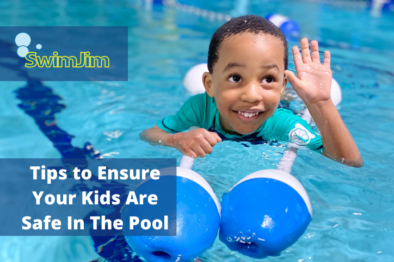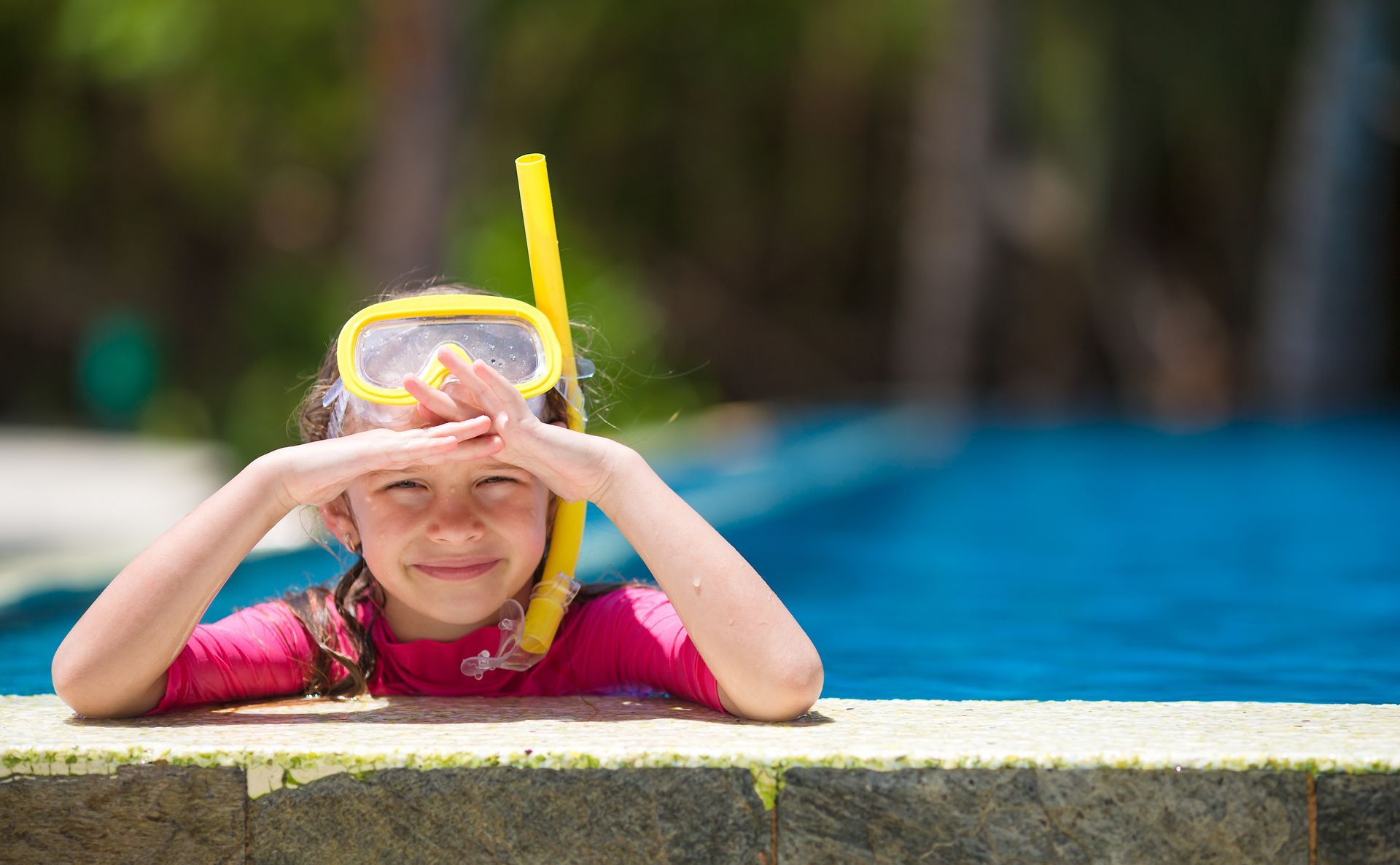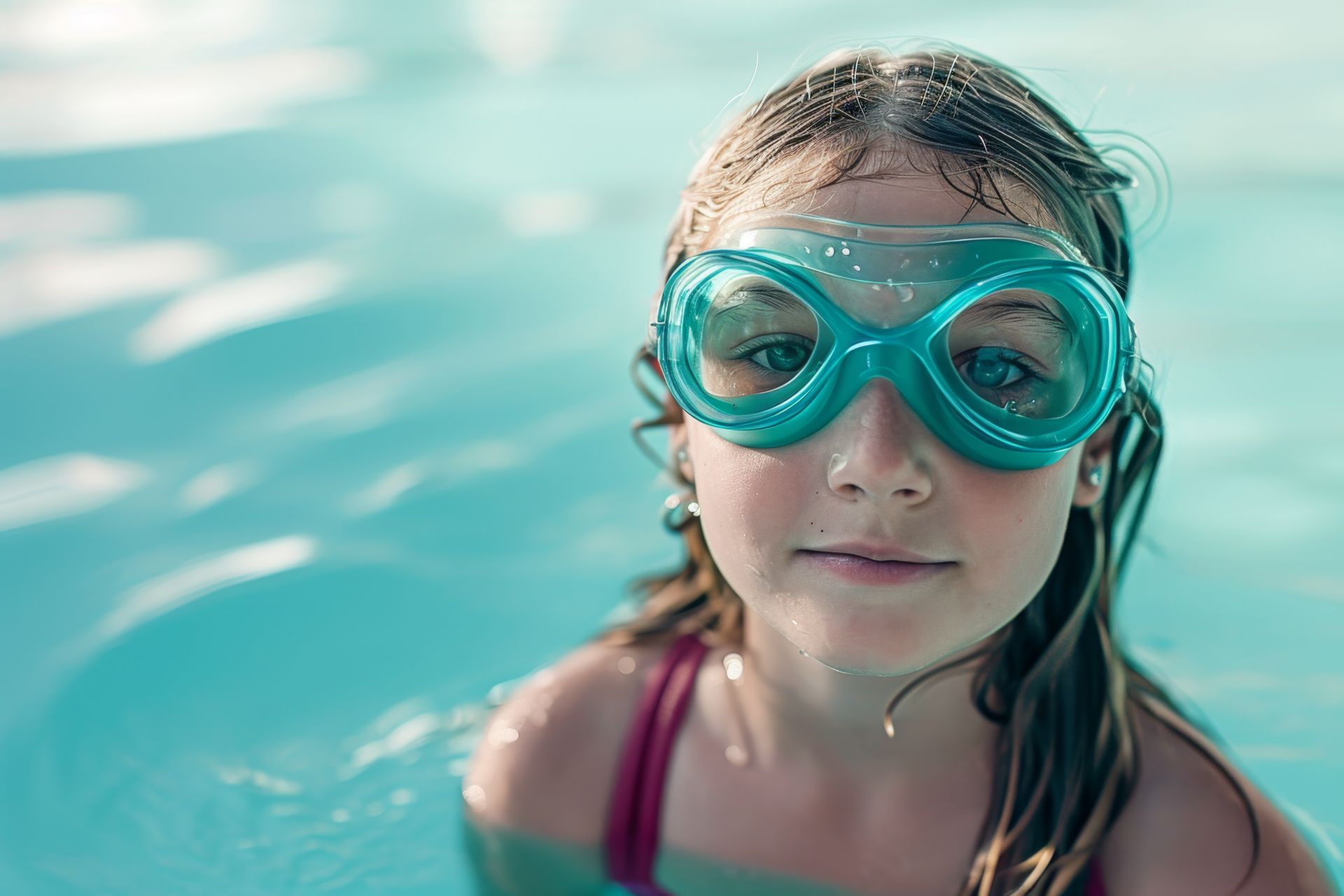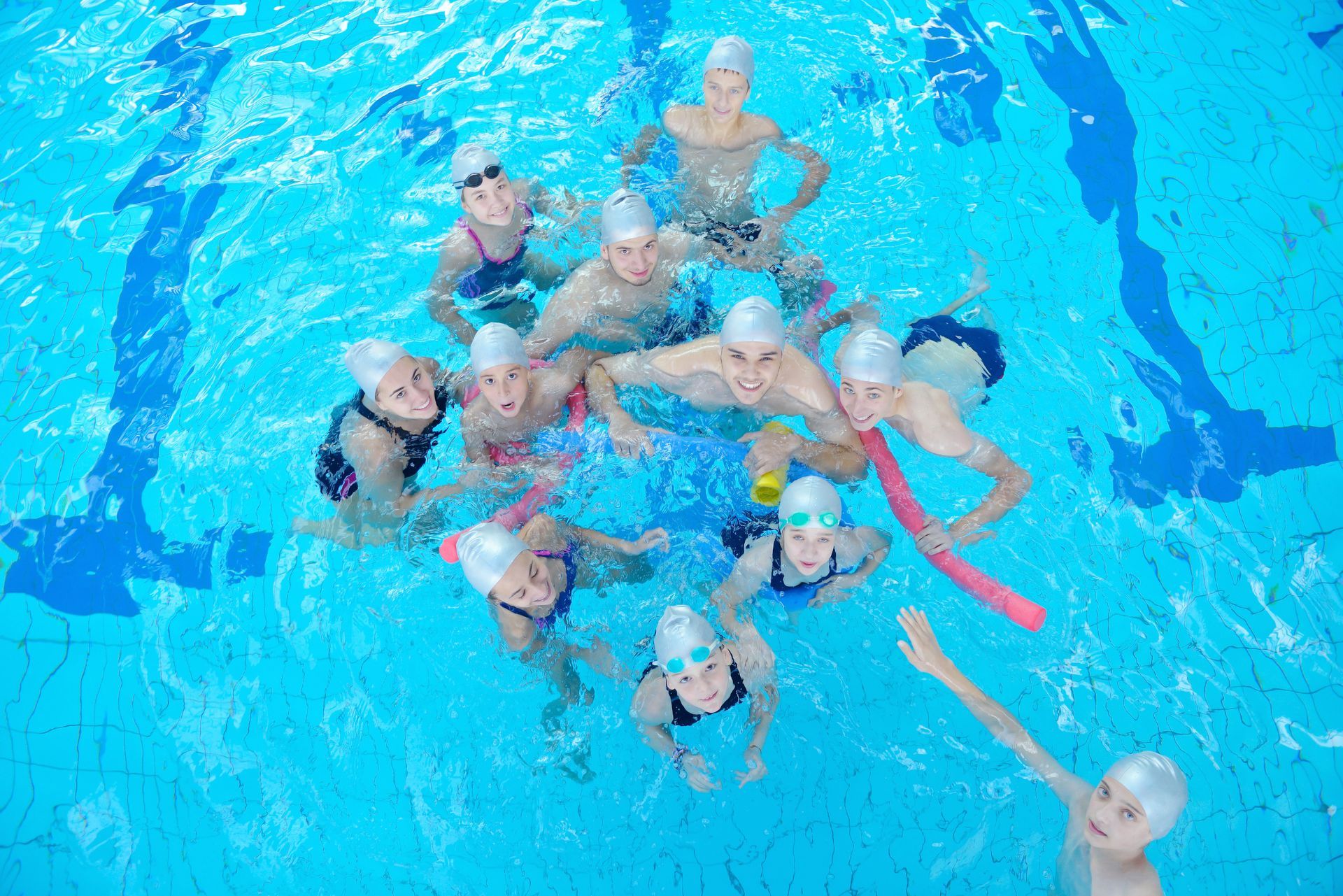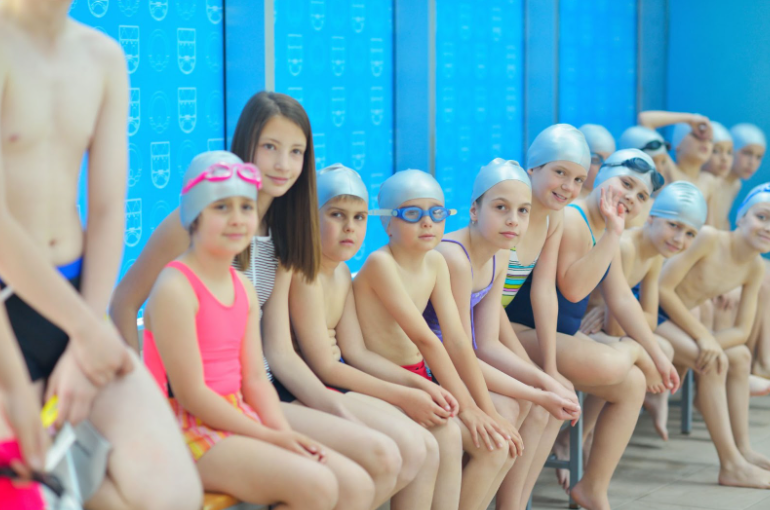One fact we all know is that kids just love to swim! They like to play and splash around in the water, and enjoy any large tub of fun they see. They’ll play around with their siblings and friends, or spray water at each other with their water guns and have a great laugh. Because of this, pools are a favorite place to play for many kids.
While they can be a delightful and great family experience, pools aren’t always the safest places for kids. In fact, swimming pools can be dangerous, especially when a person doesn’t know how to swim or if the pool area is extra slippery.
That said, here are five tips to ensure your kids are safe in a pool:
1.
Make Your Children Wear Life Jackets
No matter how shallow or deep of a pool your kids are swimming in, life jackets for kids
are an ideal way to maximize their safety.
Life jackets have polyester covers filled with foam that allow a person who wears them to stay afloat no matter how deep the water is. They come in bright colors, and have reflective patches, which are an added safety feature that helps people who wear them to be easily discovered even from afar.
However, keep in mind that having your children wear life jackets isn’t an excuse to ignore other water safety guidelines.
2. Never Let Them Swim Alone
One should never swim if there’s no lifeguard on duty. A lifeguard’s job is to supervise the people at a pool, lake, or the ocean, while also being cautious of any questionable situations or weather conditions that may arise. They’re in charge of the safety of everyone swimming at the pool or beach.
It’s always ideal that you let your children swim only when there’s a lifeguard on duty, and if adults or older siblings are accompanying them to guarantee their safety. Always instruct your children never to swim alone.
3. Don’t Play Breath-Holding Games
When you go for a swim, it’s always fun to incorporate games to make the day more enjoyable and memorable for the family. While there are many pool games
that you could try with your children, such as airball and floatie racing, children may attempt to try out a breath-holding contest, which is a big safety concern. You should never promote such games in the pool.
Children shouldn’t hold their breath for a long time, especially when they’re swimming or underwater, as it can lead to drowning and other health risks if they lose consciousness. Holding their breath can cause them to hyperventilate before they submerge, which can cause blackouts due to the decrease in carbon dioxide (CO2) levels in the body. CO2 levels are the reason we feel like taking a breath, and if they are low, the urge to take a breath is decreased, which can soon be followed by blackouts because of the lack of air. You must remind your children that these kinds of games are very dangerous.
4. Don’t Dive
As fun as it looks in the movies, it’s always ideal that you don’t allow your children to dive into the pool. They can never know how deep or shallow the water is, and it might cause serious injuries or even drowning.
If the water is too deep, they could drown, most especially when your children don’t know how to swim. On the other hand, if the water is too shallow and your children take a big splash, it could lead to serious injuries. They could land on the pool floor and vital parts such as their head, feet, hands, or buttocks easily be harmed, causing them severe pain—or worse.
If your children don’t know how to swim correctly to survive the jump, they should never dive into the water even if they’re aware of its depth. In line with this, when entering a pool, they should enter feet first and test the waters to see if the depth is safe for them.
5. Stay Away From Pool Drains
As fascinating as they look, you should ask your children to stay away from the pool drains as much as possible. It can lead to injury or drowning if they get caught up in broken drains.
With broken or faulty drains, their hair, bathing suits, and even limbs can get stuck, causing injury, or even drowning if they can’t get away immediately. Educate your children to stay away from pool drains, especially when they have a missing cover or look broken. Even if the pool drain appears to be in perfect condition, they should avoid it as much as possible.
Conclusion
Having a pool day is always fun and memorable to share with the family. Along with the fun moments, there are always safety measures
that you should follow for your children. One of the most important things that you should do is make them wear life jackets or arm floaties. Moreover, you shouldn’t encourage breath-holding or diving games. Along with this, you should never let your children swim alone in the pool, even if it’s just a kiddie pool. Keep in mind that the pool floor can be very slippery, and always stay away from the pool drains. With these simple tips, a day at the pool can be a lot safer for your kids while still remaining fun.
